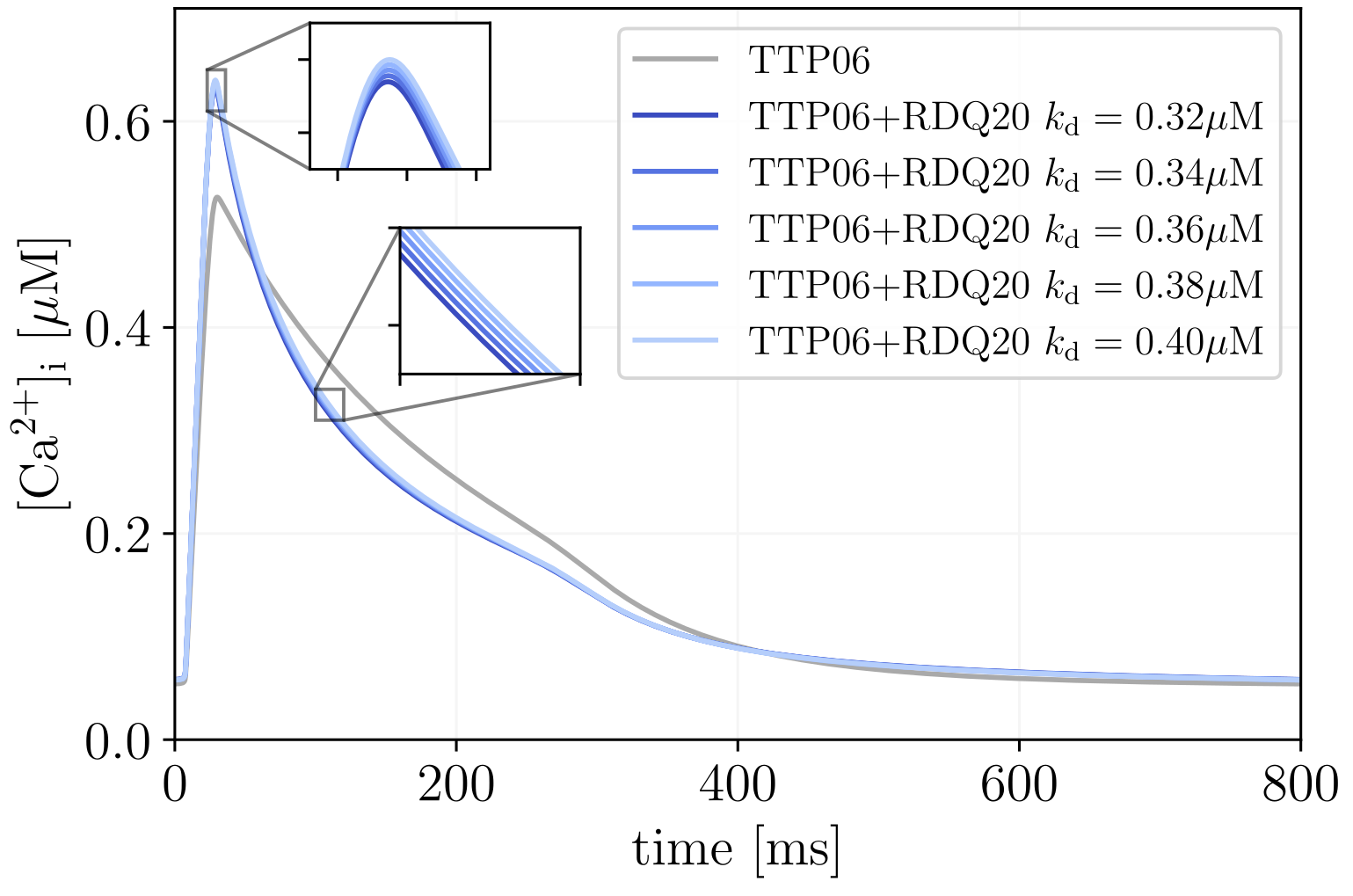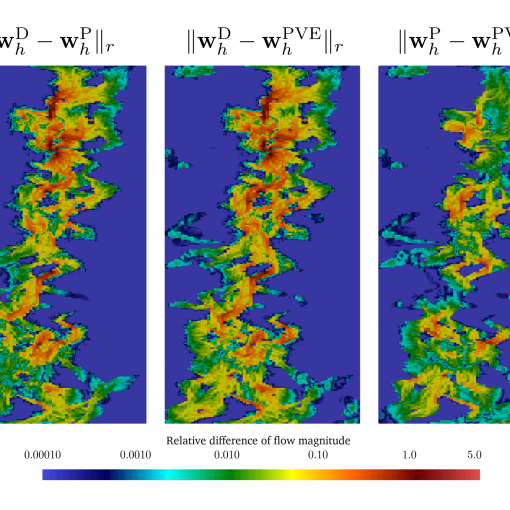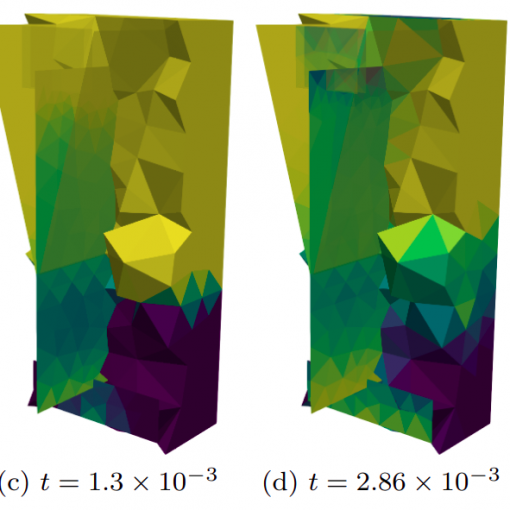A new MOX Report entitled “Influence of cellular mechano-calcium feedback in numerical models of cardiac electromechanics” by Radisic, I.; Regazzoni, F.; Bucelli, M.; Pagani, S.; Dede’, L.; Quarteroni, A. has appeared in the MOX Report Collection.
Check it out here: https://www.mate.polimi.it/biblioteca/add/qmox/16-2025.pdf
Abstract: Multiphysics and multiscale mathematical models enable the non-invasive study of cardiac function. These models often rely on simplifying assumptions that neglect certain biophysical processes to balance fidelity and computational cost. In this work, we propose an eikonal-based framework that incorporates mechano-calcium feedback — the effect of mechanical deformation on calcium-troponin buffering — while introducing only negligible computational overhead. To assess the impact of mechano-calcium feedback at the organ level, we develop a bidirectionally coupled cellular electromechanical model and integrate it into two cardiac multiscale frameworks: a monodomain-driven model that accounts for geometric feedback on electrophysiology and the proposed eikonal-based approach, which instead neglects geometric feedback. By ensuring consistent cellular model calibration across all scenarios, we isolate the role of mechano-calcium feedback and ! systemati cally compare its effects against models without it. Our results indicate that, under baseline conditions, mechano-calcium feedback has minimal influence on overall cardiac function. However, its effects become more pronounced in altered force generation scenarios, such as inotropic modulation. Furthermore, we demonstrate that the eikonal-based framework, despite omitting other types of mechano-electric feedback, effectively captures the role of mechano-calcium feedback at significantly lower computational costs than the monodomain-driven model, reinforcing its utility in computational cardiology.





